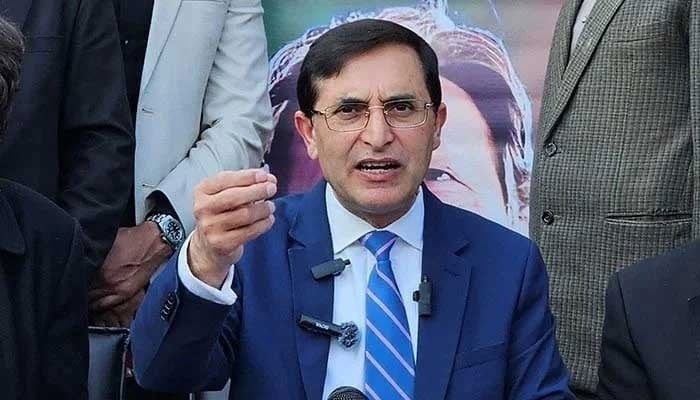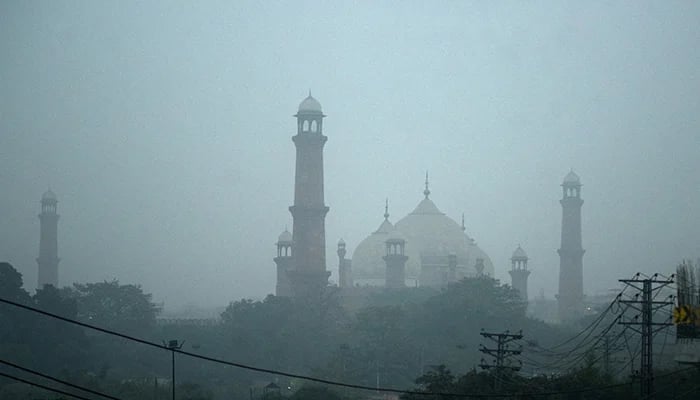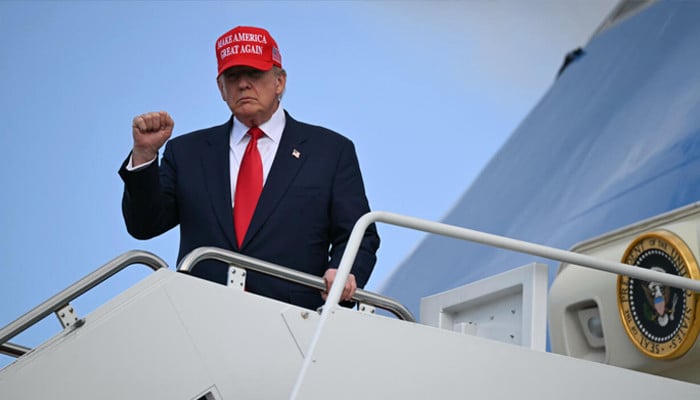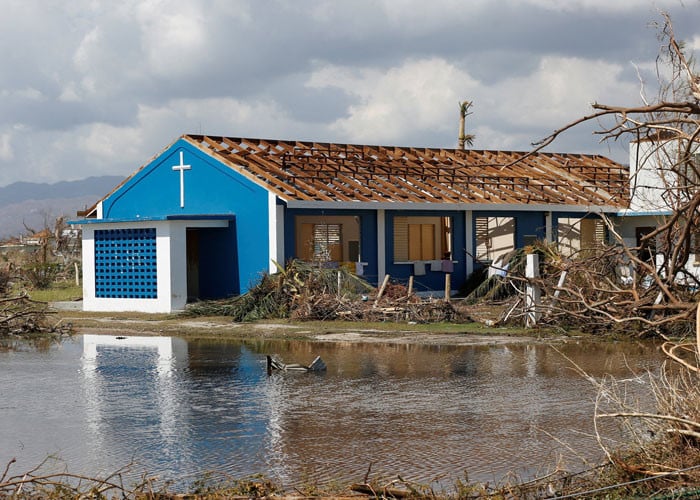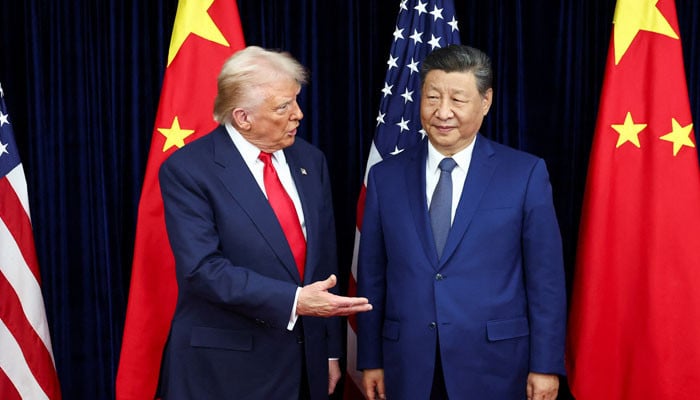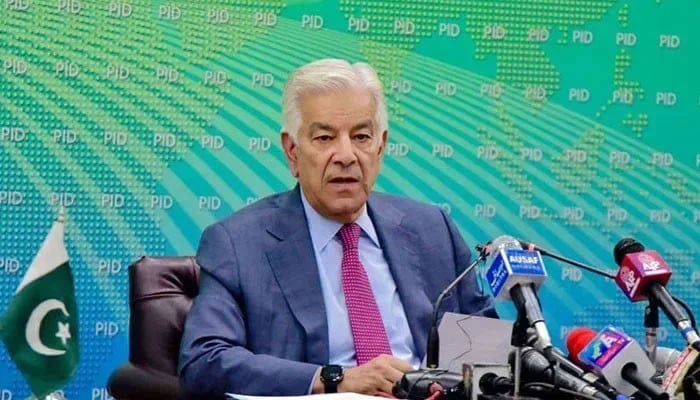
Defence Minister Khawaja Asif addresses a press conference in Islamabad. — PID/File
#Asif #PakAfghan #ties #hinges #Kabul #TTP #support
ISLAMABAD: Defense Minister Khawaja Asif has said that Pakistan-Afghanistan relations cannot return to normal unless Afghanistan supports the banned Tehreek-e-Talaban Pakistan (TTP).
In an interview to Geo News on Friday, he said that those harboring TTP militants in Afghanistan should ensure that they do not carry out attacks across the border in Pakistan.
“Peaceful relations with our neighbor are possible only if all support for the TTP is completely removed,” he said.
He said that infiltration from Afghanistan was still going on in one form or another, adding that as long as the situation continued, the agreement could not be implemented.
“Pakistan’s biggest demand is that infiltration of Afghan soil into Pakistan should stop,” he added.
The defense minister said he would not blame the entire Afghan government, but many within its ranks were providing support to these groups.
He said that the Afghan government is still violating the ceasefire agreement, to which Pakistan is responding in a befitting manner.
Asif also confirmed that the interim ceasefire agreement between Pakistan and Afghanistan was reached last night (Thursday) under the mediation of Qatar and Turkey.
He said the next round of talks is scheduled for November 6 in Istanbul, where he said the modalities of the agreement would be finalized. He added that monitoring and verification mechanisms have been agreed to ensure full compliance, particularly on the Afghan side.
After six days of talks, Pakistan and the Afghan Taliban government agreed to maintain a ceasefire, Turkey’s foreign ministry said late Thursday.
“Further ways of implementation will be discussed at a principal-level meeting in Istanbul,” read a joint statement about the talks mediated by Turkey and Qatar.
It added that the meetings were held in Istanbul from October 25-30 with the aim of consolidating the ceasefire agreed by Afghanistan and Pakistan in Doha on October 18-19.
“All parties have agreed to establish a monitoring and verification mechanism that will ensure the maintenance of peace and the imposition of penalties on the offending party,” it added.
Pakistan does not want tension with Afghanistan: Foo
Meanwhile, Foreign Office spokesman Tahir Andrabi said Islamabad does not want further tension with Afghanistan, and expressed hope that the Taliban would not allow the government to use its territory against Pakistan.
He said that Pakistan participated in the discussions in a constructive and positive manner. “Pakistan made it clear that Afghanistan should stop using its territory against Pakistan,” the spokesperson added.
The spokesman said that Pakistan has repeatedly provided evidence of “Fitna al-Kharj” and “Fitna Al-Hamandistan” activities on Afghan soil.
Commenting on the tension on the Pakistan-Afghanistan border, the spokesman said that Pakistan had responded strongly to the aggression by the Afghan side.
“Pakistan will defend its territorial integrity and sovereignty under all circumstances,” the spokesperson said.
The spokesperson added that any future aggression will also be met with stern response.
Islamabad-Kabul tension
Since the Afghan Taliban government assumed power in 2021, Pakistan has been witnessing an increase in incidents of terrorism, particularly in KP and Balochistan.
The government has repeatedly urged the Taliban government to rein in the terrorist groups responsible for countless attacks in Pakistan.
However, the Taliban regime remained largely indifferent to Pakistan’s demands and provided sanctuary to several terrorist groups targeting security forces and civilians.
Instead of addressing Pakistan’s concerns about cross-border terrorism, the Taliban government resorted to unprovoked firing along the border on 12 October.
The Pakistan Armed Forces quickly retaliated, killing more than 200 Taliban fighters and associated militants. However, as many as 23 Pakistani soldiers were martyred during the border clashes.
Security forces also carried out strikes inside Afghanistan, including in Kabul, which destroyed terrorist hideouts in the country.
Pakistan ended hostilities between the two countries’ forces on October 17 after accepting the Taliban government’s request for a temporary ceasefire.
Delegations from the two countries later met in Doha for talks mediated by Qatar, where they agreed to a ceasefire agreement.
Turkey then hosted the second round of talks in Istanbul, which began on October 25.
